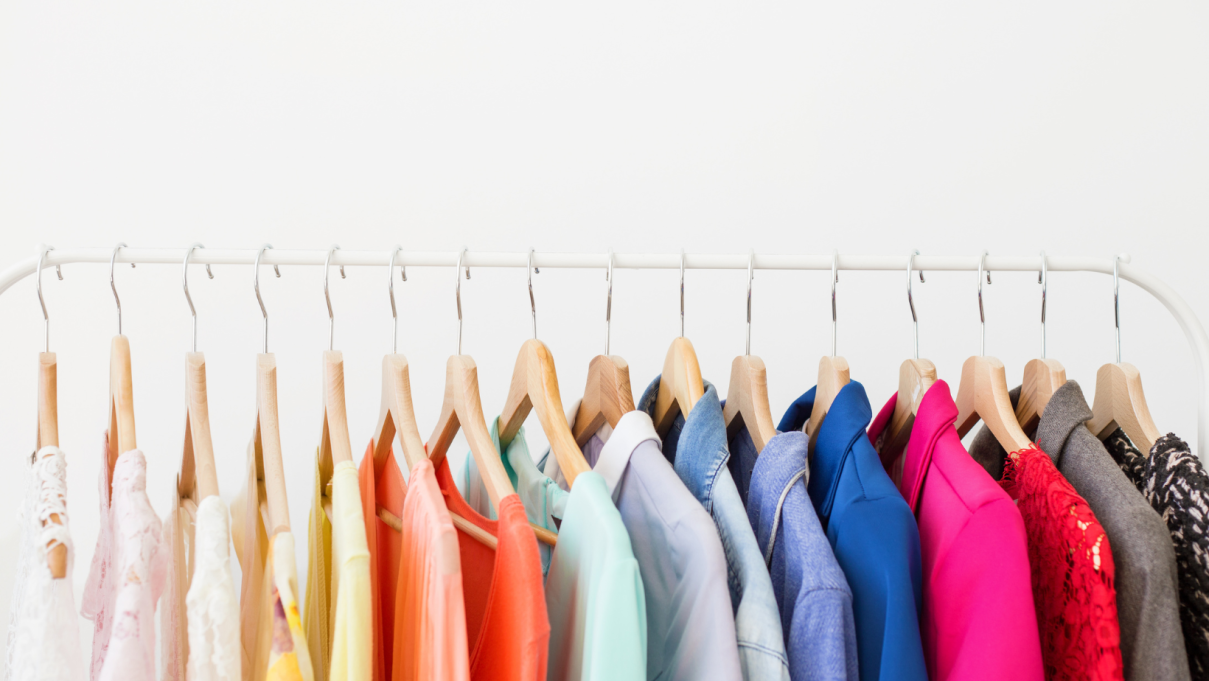
As a young person who recently graduated, a conversation that I heard often amongst my, primarily female, fellow graduates was the discussion of work attire. We talked excitedly about our new positions and the job search, which soon transitioned into a conversation about shopping trips to buy work and interview outfits. This is where things started to go downhill.
Our parents have one image of business attire, and our older friends, siblings or cousins have quite another. To the older generations of millennials and baby boomers, office work attire is suits for men, and blazers and dresses, pantsuits or skirts for women, typically paired with court heels.
To the 90s babies, generations X, Y, and Z, business casual has become more common, as well as the increase of self-expression shown through clothes. During covid, this style of work clothes was accelerated, and is now equally as accepted and encouraged by older generations. Comfort has become more important whether working remotely or from the office.
But where does that leave us young professionals? When we start these office jobs, we are told to dress smartly and appropriately for the business environment. However, dressing in the same attire our parents might have leaves us feeling as though we have sacrificed some of our youth. Dressing in the same office wear that I watched my mother leave the house in every morning, should have a positive effect on my confidence. Instead, I feel as though I’ve suddenly become a full blown adult, and that I’ve run out of time to enjoy being young and free. What’s more, I have this confusing feeling that I have not earned the level of maturity that these formal work clothes show. How can dressing in smart clothes be leading me to experience some level of imposter syndrome?
Due to the pandemic, a lot of young people have grown a lot in a short period of time and are now entering the working world. We are having to adapt to a new normal that has evolved without us realising. For example: Say instead of this starched city-wear, we young professionals dress in the business casual that is now accepted. On one hand I can dress in way that suits my personality and is more comfortable. But, on the other hand, I feel as though I might not be taken seriously enough, as a young professional and as a woman. This feeling was summarised nicely by an anonymous young graduate, “I want to dress in what makes me feel comfortable without making everyone else perceive me in a certain way”.
Third wave feminism has also encouraged women of all ages to be body positive, and show it through their wardrobe for women’s empowerment. However, wearing more revealing clothing will immediately be viewed as inappropriate in the workplace. It also may cause others to not take us seriously as professionals.
Unfortunately, it is not just those who identify as women who face struggles such as this. Another young person we asked about this topic replied in relation to being non-binary, and said that “there’s a lot of pressure in the professional environment to conform to very stereotypical clothing… which won’t necessarily be clothing that makes me feel gender euphoric but rather much more dysphoric”.
Does this mean that for young professionals starting office-based jobs, we have two options: Feel underdressed, underestimated, and overlooked? Or feel overdressed, self-important, and overestimating our own abilities. One young adult that we asked said “Its hard to find clothes which express our ability whilst feeling authentic”. Perhaps the answer is to be authentic from the beginning, but in smart attire. As our lives as new young professionals evolve, and we become more comfortable in our workplace, we can find a new work persona. Begin with the best dressed, most authentic version of ourselves, and as we learn the rhythm of where we work, we can find our way to a comfortable and professional work attire that shows who we are.
Support Young Creators Like This One!
VoiceBox is a platform built to help young creators thrive. We believe that sharing thoughtful, high-quality content deserves pay even if your audience isn’t 100,000 strong.
But here's the thing: while you enjoy free content, our young contributors from all over the world are fairly compensated for their work. To keep this up, we need your help.
Will you join our community of supporters?
Your donation, no matter the size, makes a real difference. It allows us to:
- Compensate young creators for their work
- Maintain a safe, ad-free environment
- Continue providing high-quality, free content, including research reports and insights into youth issues
- Highlight youth voices and unique perspectives from cultures around the world
Your generosity fuels our mission! By supporting VoiceBox, you are directly supporting young people and showing that you value what they have to say.





